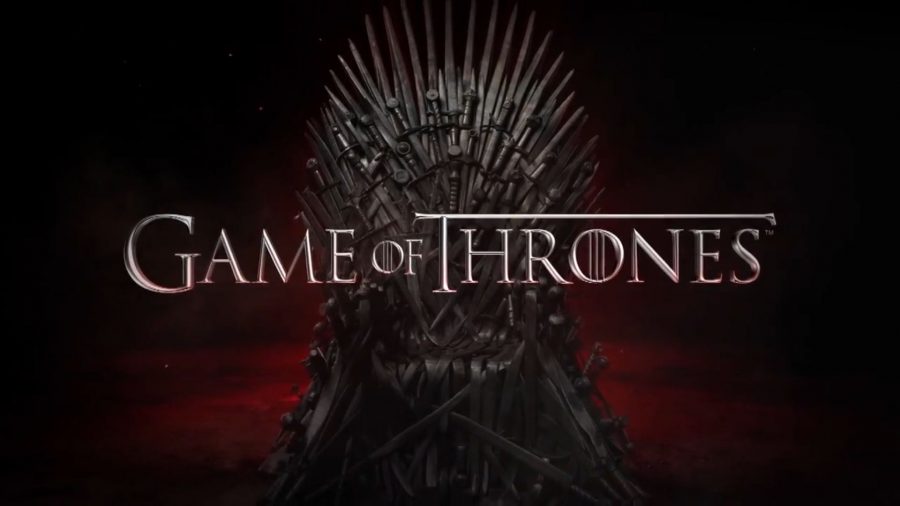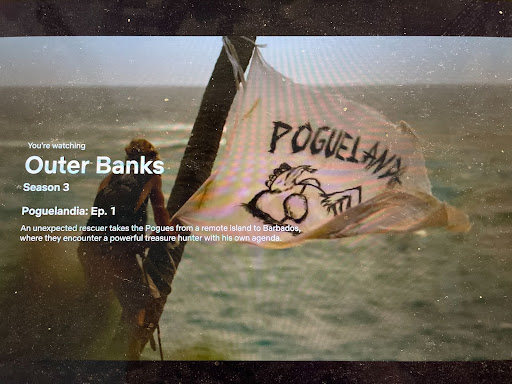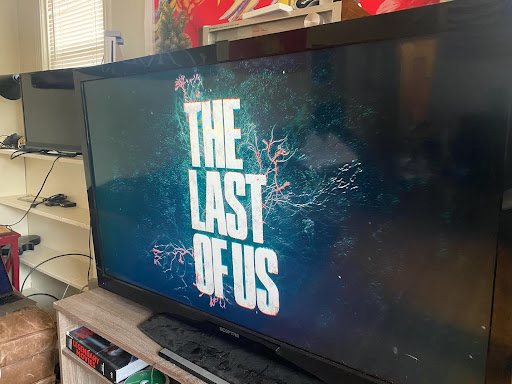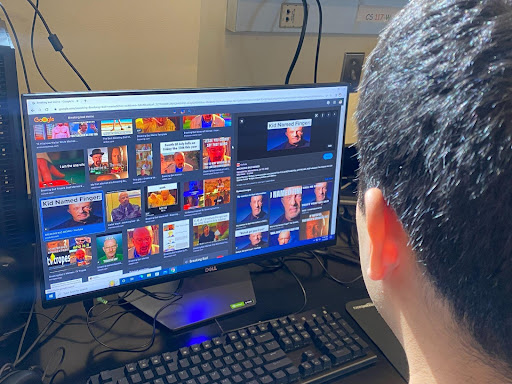 Cersei Lanister preaches, “When you play the game of thrones, you win or you die. There is no middle ground.” Certainly one of the more consistently quoted lines in the popular television show that perfectly sums up that concoction of emotions we, the audience, have had during its now five year run. The show truly plays out like a game; there is strategy, deception, honor, pride, arrogance, shame, and fear —all of the ingredients present in the pervasive love of sports. Compare reaction videos of people watching the Red Wedding with those watching the Seattle Seahawks losing the Superbowl; the similarities are striking.
Cersei Lanister preaches, “When you play the game of thrones, you win or you die. There is no middle ground.” Certainly one of the more consistently quoted lines in the popular television show that perfectly sums up that concoction of emotions we, the audience, have had during its now five year run. The show truly plays out like a game; there is strategy, deception, honor, pride, arrogance, shame, and fear —all of the ingredients present in the pervasive love of sports. Compare reaction videos of people watching the Red Wedding with those watching the Seattle Seahawks losing the Superbowl; the similarities are striking.
Ever since Game of Thrones premiered in 2011, it has year after year broken HBO records and has become a cultural phenomenon. Its title, like that of House of Cards, is often inserted to euphemistically describe real complex and bloody political events. It has garnered a long list of nominations and awards, including an Emmy and a Golden Globe for Peter Dinklage, for his performance as Tyrion Lannister. People all over the world are obsessed with the show —it was the most pirated television show last year.
So, what’s the draw? It’s not just a fictional version of American football. Rather, it is a fantastical version. Fantasy has proven to be not the affection of the stereotypically non-athletically inclined book nerd. Everyone loves fantasy. We love the escapism it provides. The Lord of the Rings trilogy and the Harry Potter films are the most successful movie franchises in history.
The world sucks sometimes. People die, get fired, lose a house, break up, etc. Fantasy alleviates that pain by taking us into another world where characters are fully human yet completely fictional. The human propensity for imagination is let loose during those opening credits displaying the large world of Westeros. That natural impulse of exploration generated by a new world we know not everything about is addicting. In a few seconds, most of us can look up on our phones and find anything we want about the world we live in. Not with Westeros. Here, we need to explore, question, and dig. In the world of Westeros, we are all pioneers again.
 But, Game of Thrones should not be mistaken with the Lord of the Rings or Harry Potter. I have yet to experience a genuine happy ending. All our favorite characters die! It can be frustrating, but then again, it is another appeal of the show. George R.R. Martin, the author of the source novels and a few of the episode’s screenplays, commented, “The true horrors of human history derive not from orcs and Dark Lords, but from ourselves.” The show isn’t afraid to kill anyone… literally anyone. This is a new departure from the usual fantasy. There is genuine tragedy and heartbreak that sometimes may feel all too real.
But, Game of Thrones should not be mistaken with the Lord of the Rings or Harry Potter. I have yet to experience a genuine happy ending. All our favorite characters die! It can be frustrating, but then again, it is another appeal of the show. George R.R. Martin, the author of the source novels and a few of the episode’s screenplays, commented, “The true horrors of human history derive not from orcs and Dark Lords, but from ourselves.” The show isn’t afraid to kill anyone… literally anyone. This is a new departure from the usual fantasy. There is genuine tragedy and heartbreak that sometimes may feel all too real.
This is how it has maintained a perfect balance of fantasy and realism. There is enough to escape from reality yet plenty we can relate to. The locations are of course in a fabricated world yet at the same time all feel like real places. The producers do an excellent job with the production value and filming on location. This blend is the great combination that has permeated American culture (not to mention the U.K. and many other parts of the world.) We love things that are human —hence the success of the shows like Breaking Bad, The Sopranos, and Dexter. We also are attached to the fantastical: Lord of the Rings and Harry Potter. Game of Thrones has mastered all the appeals of those shows into one grand experience.
And of course, the other appeals are obvious; the clank of the crossbow, flash of the broadsword, stab of the spear, and all of the blood and guts. It’s gross, but it’s awesome. There is the pornographic sex that comes with any and all HBO dramas, a kind of ‘we can do whatever we want cause we can’ attitude. This brings people to watch it, sure, yet it is not a primary motivator for the millions of viewers every Sunday night (not to mention people like me who watch it after the season is complete).
Game of Thrones is a sensation. Conversations about the show invoke a passion not often seen. D.B. Weiss and David Benioff, the shows creators, have constructed something altogether different and amazing. They’ve managed to create a new sport, grounded in both fantasy and real-world politics: dragons and complex power-manipulations, or, another way, as David Benioff joked, “The Sopranos in Middle-Earth.”
As the show begins to head in new and exciting directions, we’ll just have to wait and see who, and if, there are any victors in the Game of Thrones.












































































































